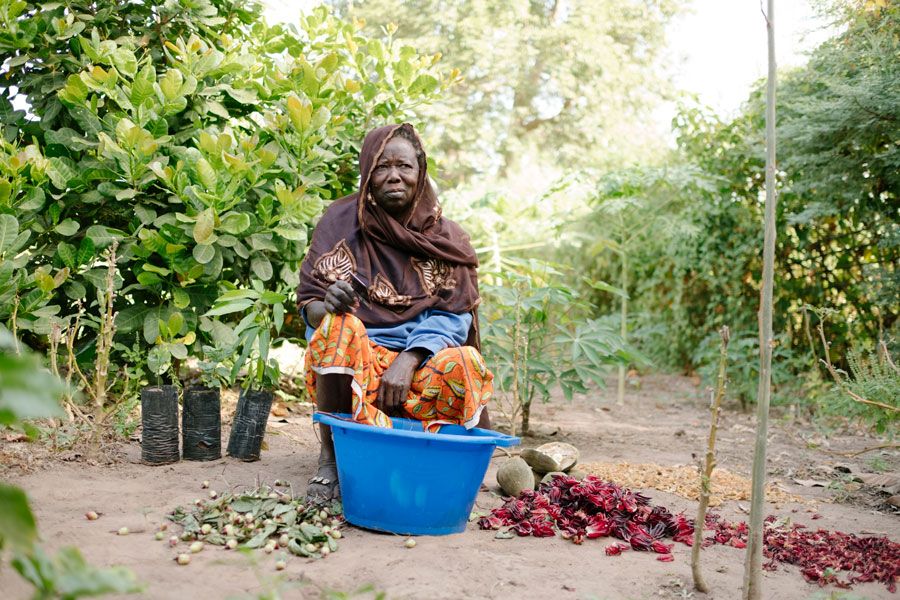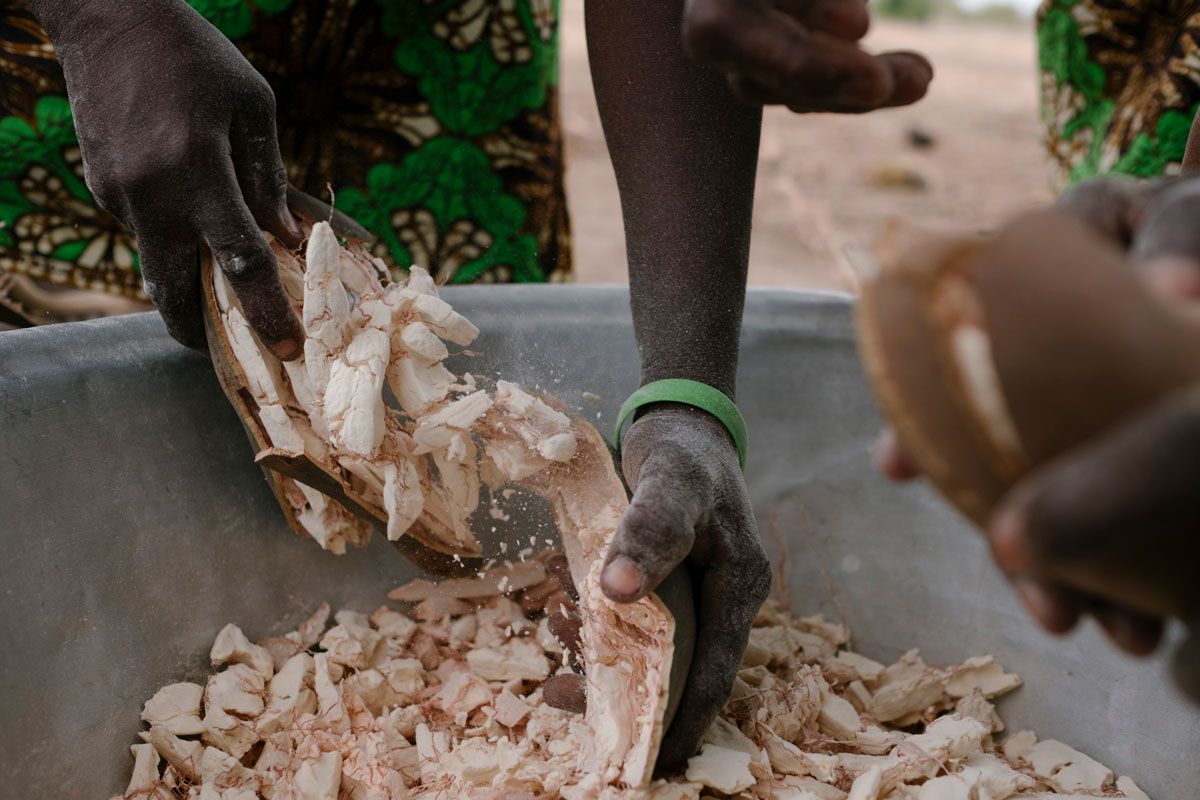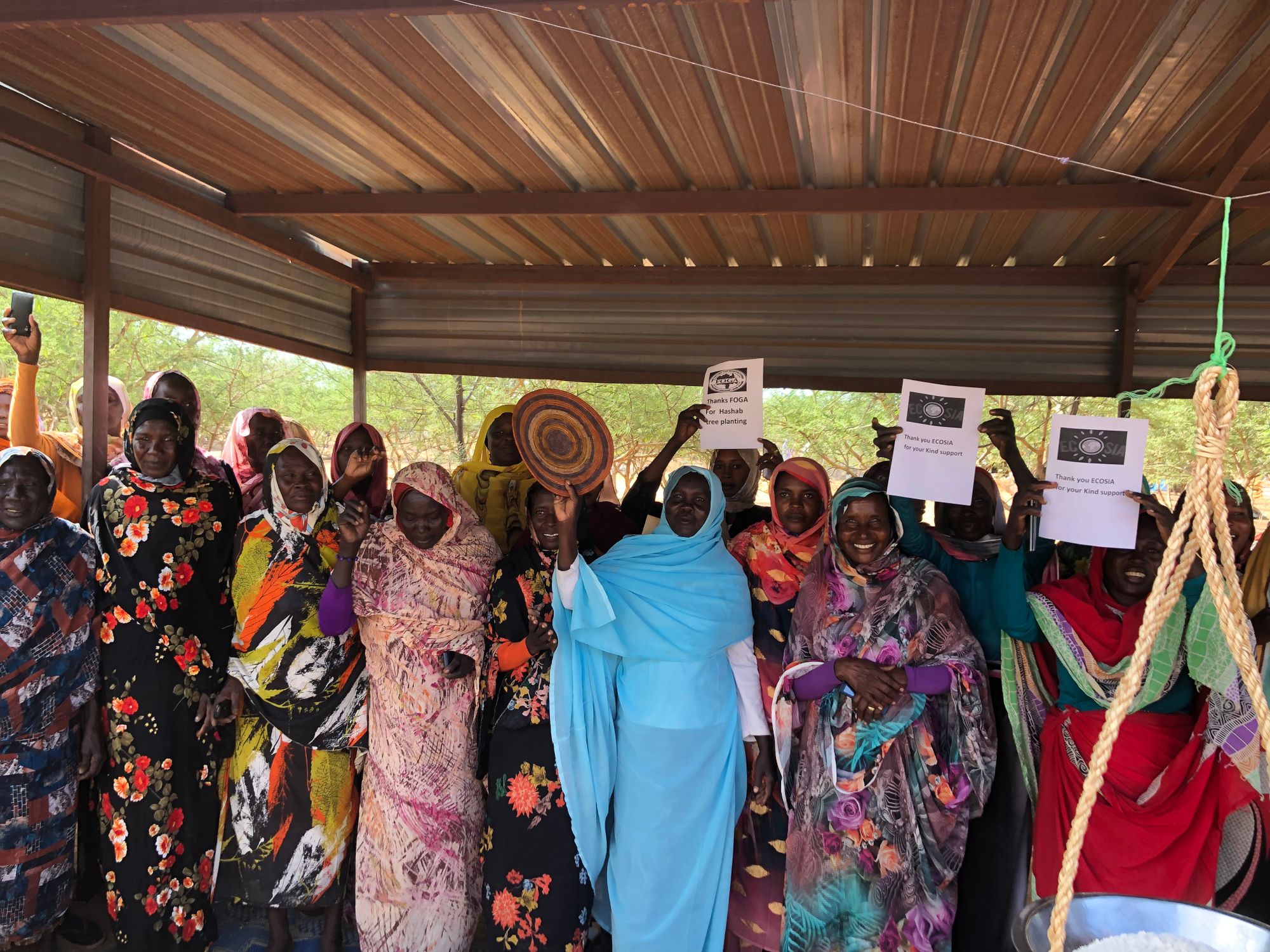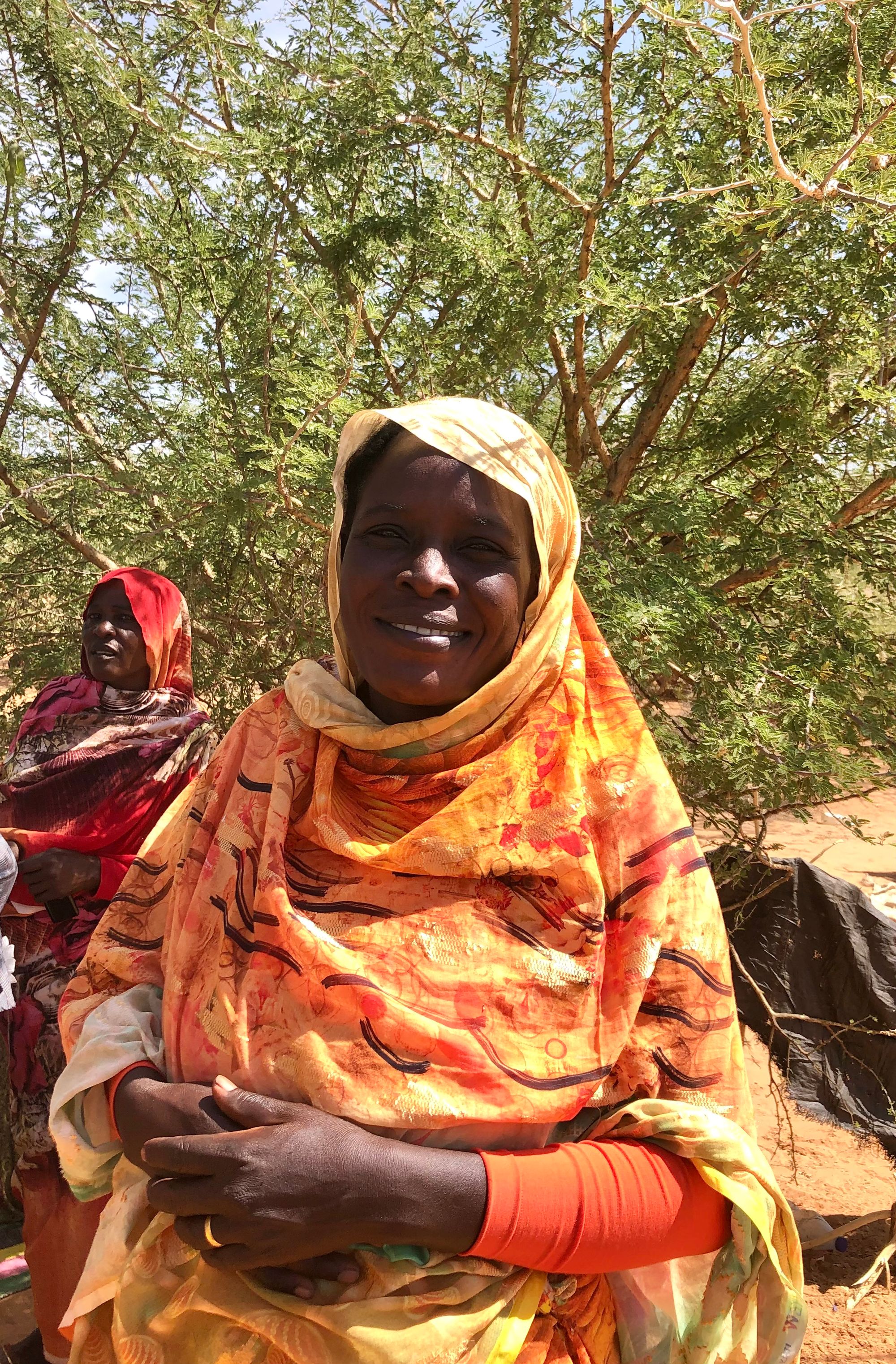Planting the right tree in the right place and in the right way looks different across Ecosia’s projects. But a common thread is designing projects that center the needs of local communities. When that's the case, both people and trees tend to thrive. Here’s why.
Forests around the world are under pressure. Agriculture, logging and mining companies drive deforestation, buying land only to clear it for the short-term financial gain that leaves local people to live in the wake of environmental degradation. What if, instead, the opposite happened? What if local people could improve their livelihoods by reforesting and regenerating landscapes?
Trees are valuable, not least for the intrinsic environmental benefits they bring, like capturing carbon and storing it in the ground where it belongs. Planting one Ecosia tree has the potential to sequester about 64 kg of CO2 in its first 20 years of life, based on data from WinRock and Global Forest Watch. But, on top of numerous ecological powers, when people plant trees that grow tree products — like fruits, nuts and resins — they can literally grow their income.

When asking our partners what their primary incentives were to plant trees, 35% responded saying to gain an income from tree products. For tree planters, more money means many things. For the women’s collective that our partners Green Ethiopia support, the planting of a food forest led to generating enough income to send their children to school.

Over in Sudan, 60 women have gained full-time employment through our project with FOGA, planting Acacia Senegal trees to harvest Arabic gum. Here, planting and taking care of trees means financial independence, improving their social standing and providing better prospects to their families despite living in a place prone to political volatility and economic hardship. In the end, this benefits trees as well. When trees play both an economic and environmental role in people’s lives, the trees are more likely to be protected rather than cut down.
“My mission is to uplift rural women, to help them stand up for their rights, and to teach them how to run tree nurseries in their villages… I also want to strengthen their position in society by helping them develop their self-confidence, independence, and technical skills. This, in turn, will improve their incomes.” Hiba Abrahim Adam Azachy, FOGA Agroforestry Trainer, Sudan


Projects that bring income also magnify the impact of your Ecosia searches due to how we are able to finance them. To start out, we give our partners a loan to cover all the costs needed to get planting, like building out infrastructure, as in the case of nurseries. Once the project starts generating a profit, our partners slowly pay back the loan bit by bit, which we then re-invest into more tree planting, multiplying the impact that your Ecosia searches have.
In other instances, instead of our partners paying back the loan, they reinvest part of their revenue into more tree planting, accelerating their tree-planting efforts as well as their source of income. In either case, planting trees begets more trees planted.
Ecosia searches are helping local communities improve prospects for themselves and the planet. Planting the right tree in the right way and place can be good business and, in the case of Ecosia’s tree-planting projects, inseparable from environmental and social good.
